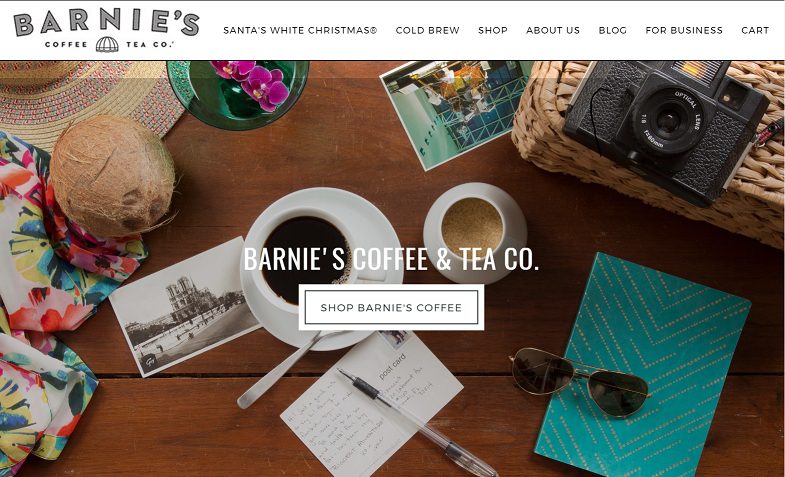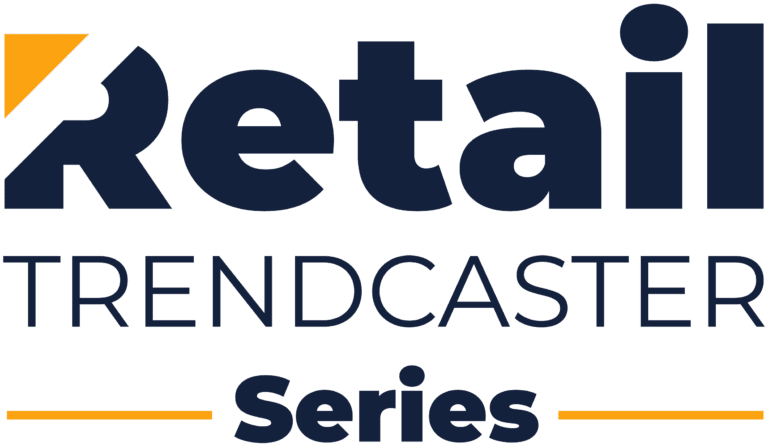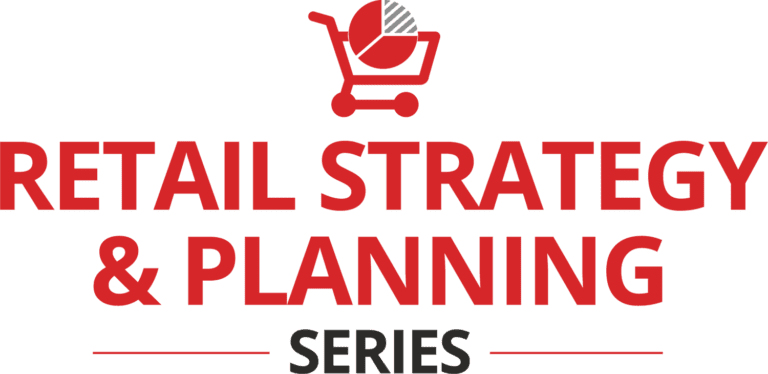Barnie’s Coffee has undergone significant transformations during its 35-year-history, evolving from a traditional coffee chain with more than 200 locations to a wholesale and e-Commerce channel with multiple business units but just a single brick-and-mortar café, in Winter Park, Fla.
These changes brought new types of employees into the company, such as salaried office workers, factory floor packagers and part-time storefront workers. To handle the human resources challenges that many growing e-Commerce businesses face as they hire new employees, Barnie’s Coffee onboarded HR service provider TriNet.
With the TriNet platform, the Barnie’s Coffee team can focus on growing its e-Commerce presence while:
-
Complying with regulations across different departments;
-
Providing leadership and discipline training;
-
Addressing the varied needs of employees in different departments; and
-
Automating paperwork via the cloud.
Business Model Shift Spawns More Diverse HR Needs
Barnie’s Coffee has gone through several phases of digital sales. The retailer began by selling products exclusively on its e-Commerce site, packaging and shipping products on its own, before selling on Amazon through its third-party Seller Central platform. Then it jumped to Amazon’s Vendor Central (for first-party sellers) before finally putting its products on Amazon Prime Pantry.
“Our employees across time have had to change with that same change in methodology,” said Tricia Relvini, CFO for Barnie’s Coffee, in an interview with Retail TouchPoints. “We have fewer café workers, but we have more warehouse and fulfillment employees, as well as professionals to support our e-Commerce channel. They have a diverse group of needs from an HR standpoint. Each one demands a different touch and feel.”
For example, front office workers may demand good health care and 401k benefits, while factory and storefront workers may be more concerned with having their overtime properly tracked. The HR services platform allows the coffee seller to apply proper overtime change rules and meet Affordable Care Act (ACA) compliance regulations.
“These overtime rules have severe implications, primarily for positions in our warehouse or store managers that are borderline in eligible salary,” Relvini said. “From a proactive standpoint, as soon as those laws were transpiring, TriNet was an active participant in identifying which employees fell within the realm of the law. When you have 35 to 40 employees, that ACA law is impossible for an average person to understand. I’ve participated in classes about it and I’ve walked out unsure of what step to take next, but I don’t have to know because that’s what TriNet is for. They went through all the literature and made sure we had the right plans and met the requirements of the ACA.”
Time Savings From Automating HR Processes
Prior to working with TriNet, Barnie’s Coffee had to juggle its growing, diverse employee base with only one full time HR manager. This manager had to perform all administrative tasks, such as payroll, benefits and time-tracking, manually with stacks of paper forms and antiquated software. When Relvini noted how time-consuming and inefficient existing processes were, she began building the partnership with TriNet in 2011, a year after joining Barnie’s Coffee.
With a corporate office in Orlando, Fla., a factory and a physical storefront, Barnie’s Coffee seeks to ensure that business unit complies with local and federal regulations.
“It’s one stop shopping,” Relvini said. “If there’s an issue at the store or an employee doesn’t understand something such as a health insurance document that they received, a TriNet rep can pick up the phone and handle it. That’s what it’s about. I don’t have time. We run lean and mean here like most other businesses and I need to be looking at financials and helping revenue growth within the company, and this just takes up resources and puts them where they belong.”






